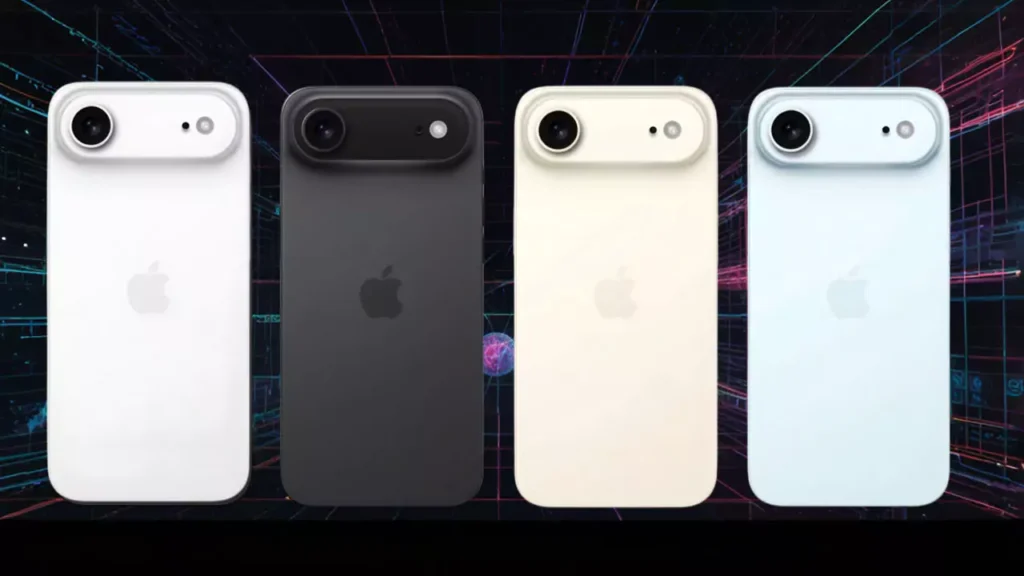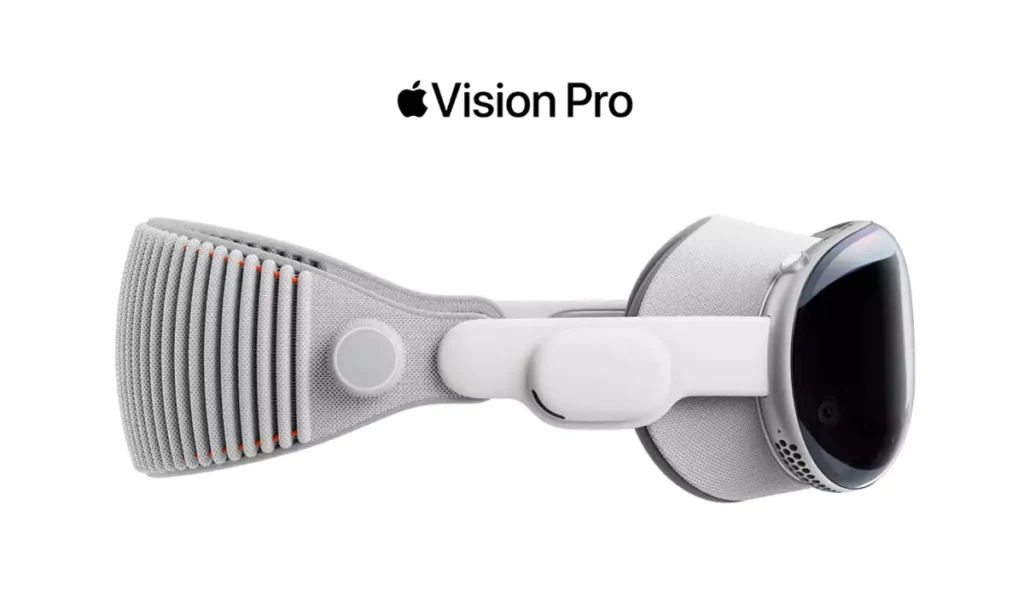Introduction: OpenAI’s Bold New Move
- OpenAI, the same crew behind ChatGPT, is reportedly developing its very own web browser.
- Not just another Chrome knockoff — this browser is gunning to compete directly with the heavyweights like Chrome and Edge.
- The foundation? Chromium, which powers Chrome and Edge, so stuff should feel familiar — but OpenAI’s browser won’t stop there.
- The real twist? They’re looking to deeply integrate generative AI, basically baking ChatGPT-style smarts right into how you browse.
What’s OpenAI Actually Planning?
- This isn’t about making a slightly fancier internet window.
- OpenAI’s vision is a browser that doubles as a platform for AI agents — digital assistants right in your tabs.
- Bored of clicking links and filling out forms? The AI might handle all that. Seriously.
- Book appointments? Check.
- Order stuff online? Piece of cake.
- Fill out those endless web forms? Finally, someone else’s job.
- The big shift? Browsing won’t be just you poking around. You’ll tell the browser what to do, and the AI does the heavy lifting.
Chromium Foundation: Familiar, But Not a Chrome Clone
- Yes, OpenAI’s browser rides on Chromium.
- That means your favorite extensions? Probably gonna work.
- The look and feel? Won’t be a total shock.
- But here’s the deal: OpenAI’s not just slapping a new logo on Chrome.
- The browser will be tweaked and tuned for AI integration, not just standard web surfing.
- Think: the bones of Chrome, but with a brain transplant — AI baked in deep.
A Chat-First Browsing Experience
- This is where things start to get wild.
- Reports say OpenAI is scrapping the old way of browsing — typing URLs, clicking around.
- Instead, imagine a built-in chat window, ChatGPT-style, as the main way you interact.
- Example? Instead of typing “amazon.com” and hunting for shoes, just tell the AI: “Find me running shoes under $100 on Amazon.”
- The AI goes off, does the work, and brings you what you want.
- Why does this matter?
- For non-techies (and honestly, busy folks in general), this could make the web way friendlier.
- Conversational browsing could cut out a ton of friction — less hunting, more getting stuff done.
User Behavior and Data Collection: The Privacy Trade-Off
- Let’s not dance around it — OpenAI wants more control over your browsing data.
- That means: browsing history, cookies, maybe even stuff you didn’t know you were sharing.
- Why? They say it’s to make the AI agents smarter, more helpful, and more personal.
- Know your favorite sites? Better suggestions.
- Recognize your shopping habits? Faster checkouts.
- But, and it’s a big but:
- This level of access means trusting OpenAI with a ton of personal info.
- In a world where everyone’s touchy about privacy, this could be a huge sticking point.
- Some folks will trade data for convenience, some will nope out.
Why Build a Whole New Browser?
- You might ask: why not just make a fancy Chrome extension?
- Short answer: control.
- Building the browser from scratch means OpenAI sets the rules, collects the data it wants, and goes all-in on AI features.
- This isn’t just about making something cool — it’s a strategic move.
- OpenAI steps into the ring with Google, Microsoft, Apple… not just in AI, but in browsers and web infrastructure.
- If it works? Their browser could become the nerve center for everything OpenAI does in the future.
How Could This Change Browsing Forever?
- The pitch: fundamentally change how we browse the internet.
- Less clicking, more talking.
- Less manual searching, more AI doing the grunt work.
- Imagine:
- Telling your browser to book flights, buy gifts, or summarize news — and it just does it.
- No more bouncing around tabs or getting lost in forms.
- Of course, there are skeptics.
- Privacy concerns aren’t going away.
- Some people love the old-school, hands-on way of browsing.
- But, honestly? The internet’s overdue for a shakeup. If OpenAI pulls this off, we might all be talking to our browsers pretty soon.
Key Takeaways
- OpenAI’s browser will feel familiar, but it’s packing way more AI power than anything out there now.
- Browsing could become way more conversational — think less keyboard mashing, more chatting.
- The trade-off? You might have to hand over a lot more data to OpenAI.
- Instead of just a new app, this could be the start of a whole new way to use the web.
- Love it or hate it, OpenAI’s move is gutsy — and it might just make the internet a lot less boring.


